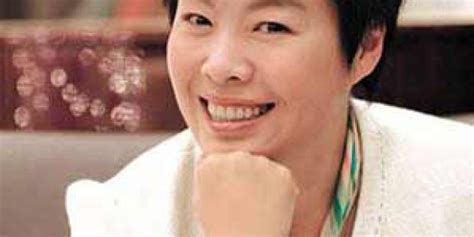A Quote by J. William Fulbright
A nation's budget is full of moral implications; it tells what a society cares about and what it does not care about; it tells what its values are.
Related Quotes
Suppose whether or not someone tells me a lie depends only on whether he wants to, but he is morally indifferent, he doesn't care much about the truth or about me, and his self interest, which he worships, tells him to lie, and so it comes about that given his psychology, it is a forgone conclusion that he will lie to me. I think in this case he is still blameworthy, and that implies, among other things, that he did something he ought not do.
Your agent or manager tells you. They go, "You're out. They're gonna get a new guy." But then I didn't feel bad. I didn't take it personally. Not that I'm competitive at all. But you have pride in that, you know? You want your ratings to be good. But now that I'm 62, I don't really care about the ratings. I don't care about the reviews. I care about the work, and I care about the people that I'm working with, and I try to make the experience for them and myself as good as it can be.
The values we care about the deepest, and the movements within society that support those values, command our love. When those things that we care about so deeply become endangered, we become enraged. And what a healthy thing that is! Without it, we would never stand up and speak out for what we believe.
What Confucius tells us to focus on first is not how to bring stability to the world, but how to be the best possible version of ourselves. To "cultivate one's moral character" is the first step towards taking responsibility for the nation, and for society. Confucius and his disciples struggled hard to be "the best version" of themselves, but their aim in this was to better carry out their responsibilities to the society in which they lived.


































